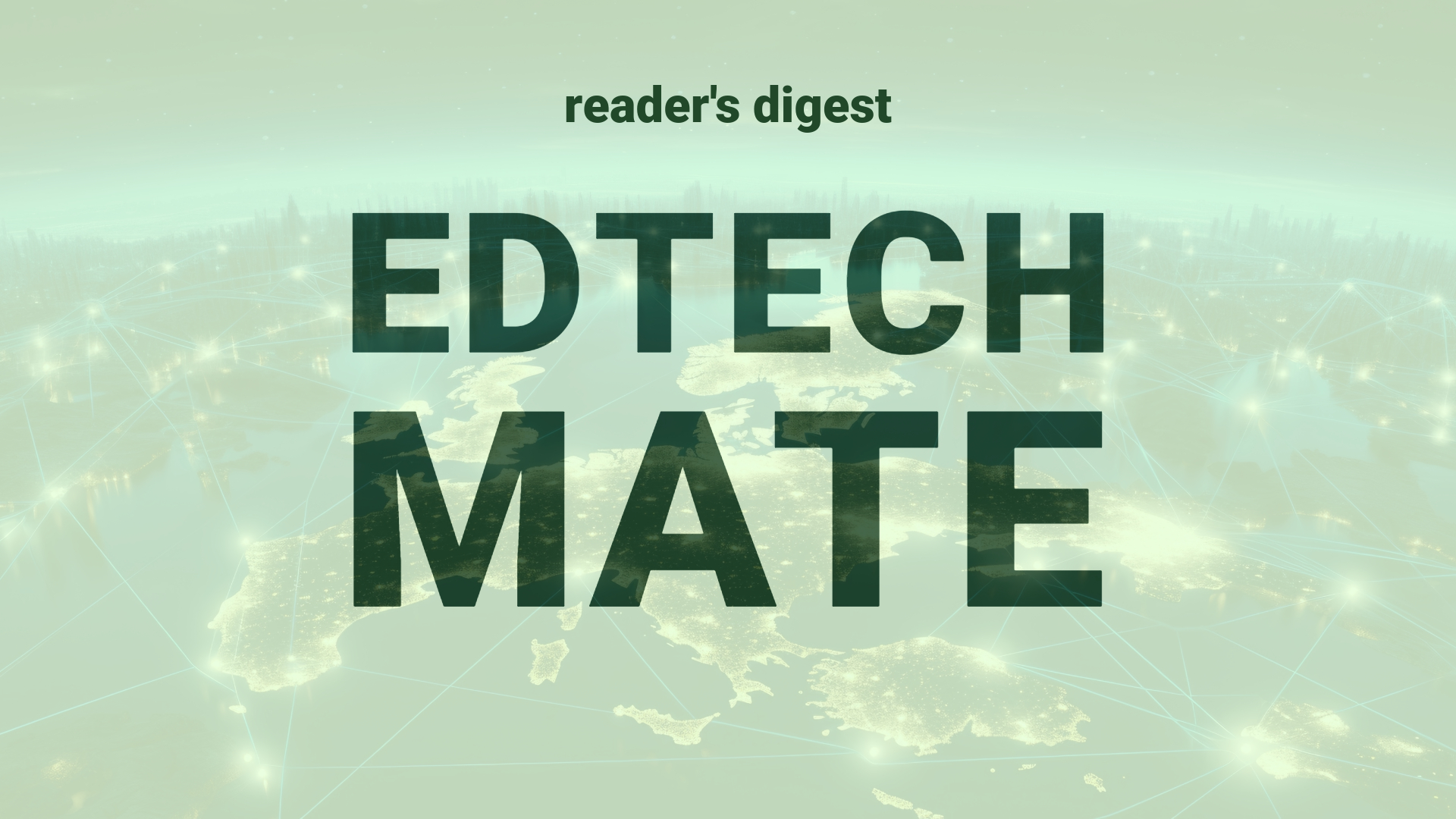Executive Summary and Main Points
The “HPC + AI Infrastructure Summit with Microsoft and AMD” is an eminent event fostering the amalgamation of High-Performance Computing (HPC) and Artificial Intelligence (AI), earmarked for IT professionals, engineers, and tech leaders. This summit promises to amplify expertise in HPC and AI through a galvanized discourse featuring industry magnates such as Nidhi Chappell, VP of Azure HPC + AI Infrastructure, and other key figures. Keynotes and tailored sessions across multiple industries, hands-on labs, and networking opportunities are among the highlights, expected to set a precedent for technological application in various sectors.
Potential Impact in the Education Sector
The Summit’s proliferation of HPC and AI knowledge directly contributes to shaping further education, higher education, and micro-credentials. The insights and technological showcases have the potential to foster strategic partnerships between educational institutions and tech giants, securing a future enriched with digital competencies. The event also provides a direct line to advancements influencing curricula development and the adaptation of research capabilities in academic institutions.
Potential Applicability in the Education Sector
Institutes worldwide can leverage AI and digital tools discussed at the summit to enhance personalized learning, optimize administrative processes, and facilitate collaborative research efforts. With dedicated learning tracks for various sectors, educators can extract best practices relevant to their disciplines, enabling them to prepare students for future AI-centric landscapes. Furthermore, the focus on real-world applications presents use cases that can enrich academic research and pedagogy.
Criticism and Potential Shortfalls
Despite the summit’s offerings, there remain questions surrounding equitable access to such advanced technologies, given the varying readiness levels of global education systems. Comparatively, institutions in resource-rich environments may benefit more significantly than those in under-resourced settings, exacerbating educational disparities. Ethical and cultural implications of widespread AI integration in education also warrant scrutiny, necessitating a balance between innovation and human-centric pedagogical approaches.
Actionable Recommendations
It’s recommended that education leaders strategically integrate insights from the Summit to augment teaching, learning, and operational efficiencies. By establishing consortia or partnerships with technology providers, educators can navigate the precipice of digital transformation effectively. Pilot projects involving AI should prioritize ethical considerations and include continuous evaluation. These endeavors should be coupled with professional development programs to ensure that faculty and staff are proficient in employing new technologies to achieve educational outcomes.
Source article: https://techcommunity.microsoft.com/t5/azure-high-performance-computing/create-the-future-at-microsoft-azure-hpc-ai-infrastructure/ba-p/4130931

